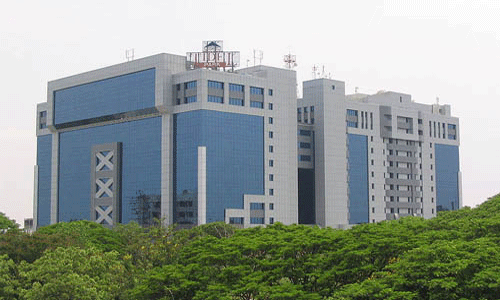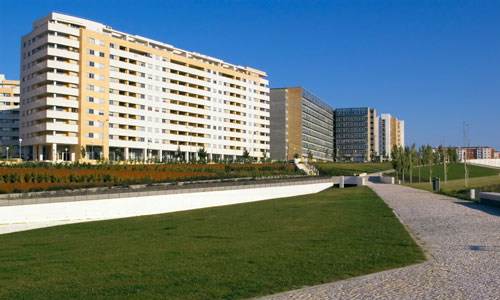
Chennai realty recovered faster than any other market after slowdown
During the economic downturn of 2008, while the other neighbouring and glamorous property market of Bangalore and Hyderabad fell by 24-29 per cent, the Chennai market fell only 8.3 per cent. Limited supply of land and pent-up demand is how NHB’s Residex defines Chennai property market.










